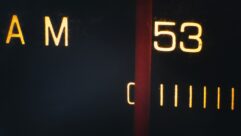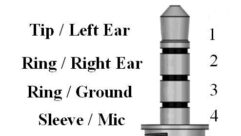“We believe that piracy is a threat to diversity, inclusion, and equal opportunity in the radio industry,” the Multicultural Media, Telecom, and Internet Council wrote Thursday in a letter addressed to leaders of the House Energy and Commerce Committee and Communications Subcommittee.
The PIRATE Act passed a major hurdle June 13 when the legislation was unanimously passed by the House Energy and Commerce Subcommittee on Communications and Technology.
[Read: PIRATE Act Legislation Unanimously Approved by House Subcommittee]
The letter was signed by MMTC Acting President and CEO Maurita Coley Flippin and expressed the organization’s “strong support” for the Preventing Illegal Radio Abuse Through Enforcement Act (H.R. 5709).
They also echoed the sentiments of a recent National Association of Black Owned Broadcasters’ letter, which noted that some pirate radio stations “target minority communities because they believe that laws are not aggressively enforced in these communities” and “steal” ad revenue from licensed broadcasters, thus creating an additional barrier to entry in these local radio markets.
The letter also emphasizes the need to grant the FCC “additional enforcement powers to shut down pirates and eliminate its reliance on the DOJ for enforcement authority,” which the PIRATE Act solves by “amending Title V of the Communications Act of 1934 and adding ‘Section 511. Enhanced Penalties for Pirate Radio Broadcasting; Seizure of Illegal Equipment; Enforcement Sweeps.’”
MMTC also suggests the congressmembers “add legislative history underscoring the desirability for the FCC to exercise its flexible and independent judgment regarding the deployment of enforcement resources and the timing and locations of sweeps and seizures so that pirates are not enabled to simply shut down and set up operations elsewhere.”
They agree the PIRATE Act “is a step in the right direction toward empowering the FCC to more effectively investigate and rid our cities of pirate radio stations” but note that the reduction of field offices from 24 to 13 has hindered enforcement. The letter expresses hope that Congress will add “more feet on the ground” as a result of the legislation, among other steps.











